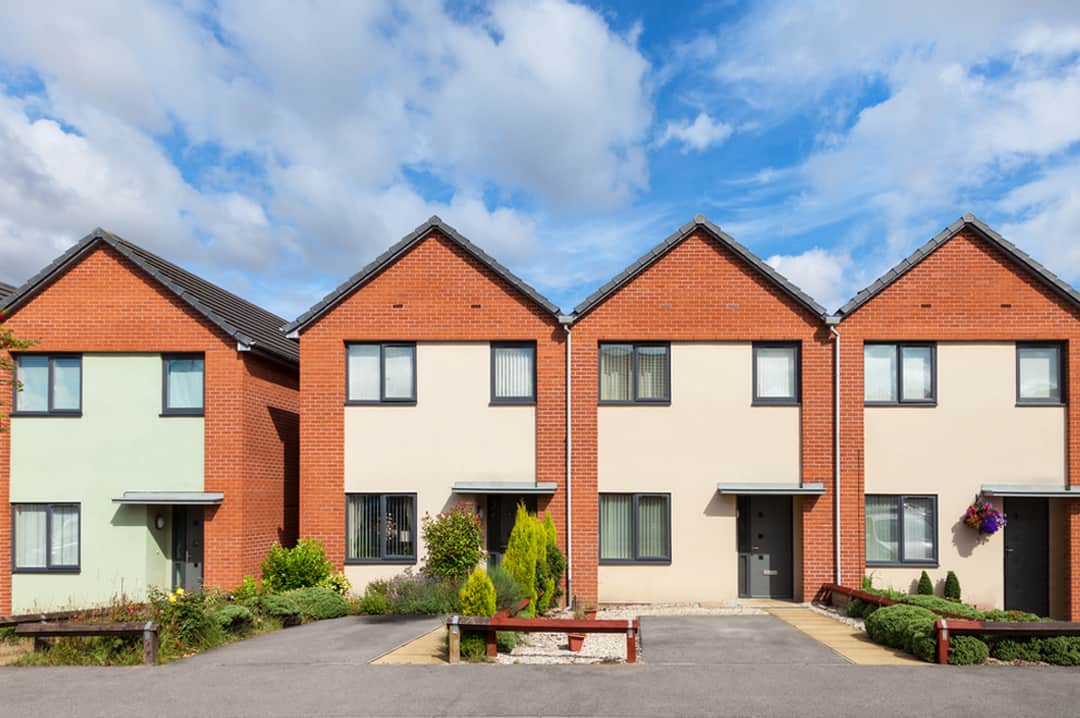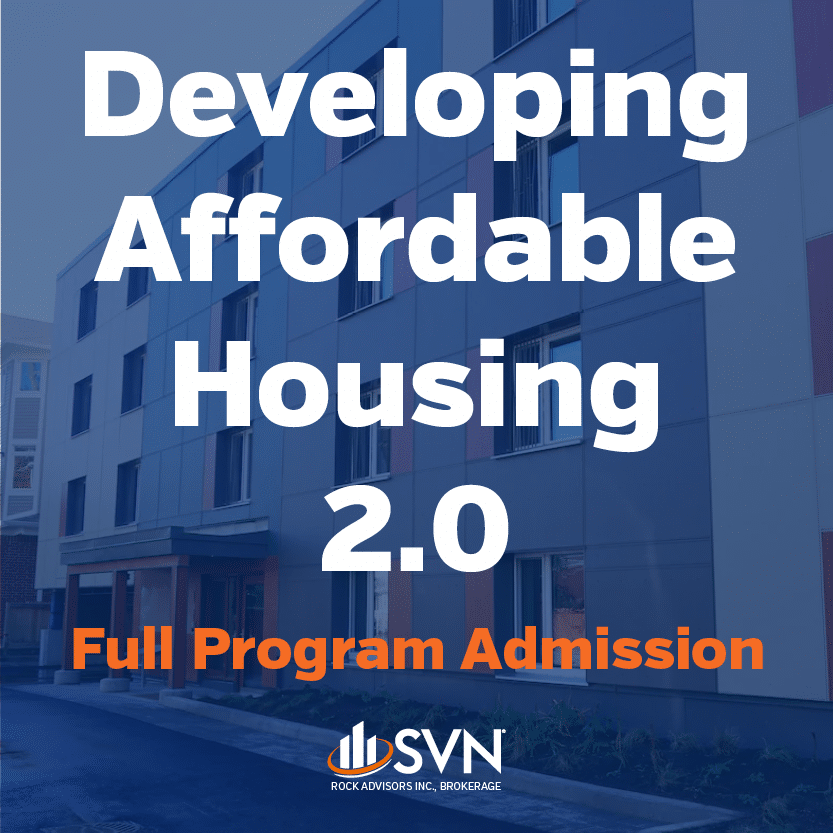In the sprawling tapestry of our cities, affordable housing stands as a sanctuary for those seeking a secure and dignified place to call home. Yet, the quest for affordable housing often remains elusive, leaving many to grapple with the burdens of homelessness, overcrowding, and financial distress. It is within this realm that the role of affordable housing developers emerges as a beacon of hope, a force dedicated to transforming the lives of countless individuals and families.

Image: www.planninginsight.co.uk
If you possess a deep-seated passion for empowering communities, a knack for problem-solving, and a resolute commitment to making a meaningful difference in the world, then embarking on a career as an affordable housing developer might be your calling. This comprehensive guide will illuminate the path to becoming an affordable housing developer, equipping you with the knowledge and insights to navigate the intricacies of this rewarding field.
Unveiling the Essence of Affordable Housing Development: Foundation and Impact
Affordable housing development stands as a multifaceted endeavor, encompassing the creation, preservation, and rehabilitation of housing units designated for individuals and families with limited incomes. At the heart of this mission lies a fundamental belief that everyone deserves a safe, stable, and affordable place to live.
The impact of affordable housing development reverberates throughout communities, fostering positive outcomes that extend far beyond the walls of individual homes. Research has consistently demonstrated that access to affordable housing promotes educational attainment, improves health outcomes, reduces crime rates, and bolsters economic vitality. By addressing the housing needs of low- and moderate-income households, affordable housing developers play a transformative role in creating vibrant and inclusive communities.
Embarking on the Journey: Essential Steps to Becoming an Affordable Housing Developer
The path to becoming an affordable housing developer is paved with both challenges and opportunities. To navigate this journey effectively, it is essential to equip yourself with the requisite knowledge, skills, and experience. Consider pursuing a bachelor’s degree in a field related to housing, such as urban planning, public administration, or social work. Supplement your academic foundation with hands-on experience through internships or volunteer work with affordable housing organizations.
Once you have established a solid foundation, seek professional development opportunities such as attending industry conferences, workshops, and training programs. Earning certifications in relevant areas, such as the National Affordable Housing Management Association’s Certified Affordable Housing Professional (CAHP) credential, can further enhance your credibility and expertise.
Networking is paramount in the field of affordable housing development. Forge connections with other professionals in the industry, including developers, architects, contractors, and government officials. These relationships will prove invaluable in gaining access to funding, identifying project opportunities, and staying abreast of industry trends.
Navigating the Financial Labyrinth: Funding Sources for Affordable Housing
Financing affordable housing developments requires a comprehensive understanding of the available funding sources. Explore a wide range of options, including government grants, low-income housing tax credits, and private investment. Each funding source comes with its own set of eligibility criteria and requirements, so it is crucial to carefully research and evaluate each option.
Government grants, such as those provided by the U.S. Department of Housing and Urban Development (HUD), offer a vital source of funding for affordable housing development. These grants typically require matching funds, so it is important to secure additional funding from other sources.
Low-income housing tax credits (LIHTCs) are another key funding mechanism. These tax credits are awarded to investors who provide equity financing for affordable housing developments. LIHTCs can significantly reduce the overall cost of development, making projects more financially feasible.
Private investment can also play a role in financing affordable housing. Some private investors are motivated by social impact goals, while others seek financial returns. It is important to carefully evaluate potential private investors and ensure that their goals align with the mission of your affordable housing project.

Image: svnrock.ca
Lessons from the Field: Insights from Seasoned Affordable Housing Developers
The journey of an affordable housing developer is replete with challenges and rewards. To glean valuable insights, seek guidance from seasoned professionals in the field. They can share their experiences, offer practical advice, and provide you with a glimpse into the realities of affordable housing development.
For instance, in an interview with the National Community Reinvestment Coalition, Mike Novogradac, a nationally recognized affordable housing expert, emphasizes the importance of partnerships and collaboration. “The most successful affordable housing developers are those who are able to build strong partnerships with other organizations, including community groups, financial institutions, and government agencies,” Novogradac says.
Similarly, in a conversation with affordablehousing.com, Lisa Alberghini, President and CEO of the National Low Income Housing Coalition, highlights the transformative power of affordable housing. “Affordable housing is not just about creating homes,” Alberghini says. “It’s about giving people a foundation for a better life. It’s about creating opportunities for families to thrive and for communities to flourish.”
How To Become An Affordable Housing Developer
Embrace the Call: Making a Meaningful Impact as an Affordable Housing Developer
The path to becoming an affordable housing developer is not without its challenges. The work can be demanding, and the financial rewards may not always be as substantial as in other fields. However, for those who are driven by a deep passion for making a difference in people’s lives, the rewards far outweigh the challenges.
As an affordable housing developer, you will have the privilege of creating homes that provide stability, dignity, and hope to individuals and families who have long been underserved. You will be a catalyst for positive change, transforming communities and empowering people to reach their full potential.
Embrace the call to become an affordable housing developer today. Join the ranks of dedicated professionals who are working tirelessly to create a more just and equitable society for all.